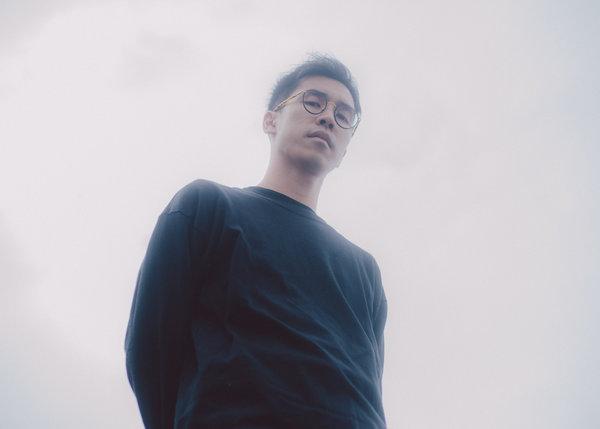The website that helped drive demand for streetwear is going IRL with a festival called, you guessed it, Hypefest.

The Hypebeast founder Kevin Ma is an understated dresser, which, these days, may disqualify him from being a hypebeast.CreditCreditNathan Bajar for The New York Times

By Jonah Engel Bromwich
If you were a young male in the mid-2000s with a vague interest in Japanese denim or limited-colorway Nike Dunks or whatever it was that Pharrell was wearing that month, you may have found your way to Hypebeast, a fashion blog that was among the first to enthusiastically document trends in sneakers and streetwear.
Kevin Ma, who founded the blog in 2005 when he was a student in Vancouver, didn’t know much about fashion then. But 13 years later, the Hong Kong native sits quietly at the top of a publicly traded Hypebeast empire. His dominion includes the website, a quarterly print magazine, an online store, legions of influential fans and now a Hypebeast festival, which will take place the first weekend of October in an undisclosed location in Brooklyn with a “breathtaking view of the Manhattan skyline.”
It will be called Hypefest.
Mr. Ma, 36, and his team have been reluctant to share too much information in advance of the festival; it might kill the hype. Instead, taking cues from the brands that they’ve promoted for years, they are letting news about the festival trickle out slowly, and letting intrigue build. Upward of 10,000 tickets will be available online next week — for free.
But promotional materials promise that Hypefest will be a “highly curated and educational experience.” There will be booths from global clothing companies like adidas Originals, Diesel and Moncler, as well as streetwear brands like Needles and Girls Don’t Cry. There will also be music, food, art and talks with fashion designers, held in a “Hypetalks panel discussion area.”
Perhaps most notably, Hypefest will not be a merch-fest. “We want people to really have an experience as opposed to shopping,” Mr. Ma said. “I feel that you can shop any time. You can shop at a shop. You can go to a pop-up to shop. You can go online to shop.”
Hypefest merchandise will primarily be sold online, which could curtail the secondhand market that is endemic to hypebeast culture, in which “drops” of merchandise from vaunted brands are snatched up quickly in person and resold.
Scarcity is part of the aesthetic, which has been adopted by celebrities like Jonah Hill (called “a budding darling of the hypebeast community” by Dazed) and Justin Theroux (a “low-key hypebeast,” according to The Cut). Their outfits have helped to incubate an entire media ecosystem, as tabloids analyze their casual style.
The 2018 hypebeast bears only a loose resemblance to the one whose wardrobe Mr. Ma assembled in the early days of his site. During a recent interview at his apartment in SoHo, he was dressed down in a loose black long-sleeve shirt, jeans and black Vans. Even the most discerning eye might have missed that the jeans were from Mr. Completely, the Los Angeles store; that the shirt was from the Japanese brand N.Hoolywood; that his frames were from Gentle Monster, the Korean glasses retailer. Though Mr. Ma’s understated, globally sourced look spoke to the style ideology he has long tried to inculcate in his readers, Hypebeasts are now more easily identified by flashy, recognizable brands.
But Mr. Ma understands, he said, that the term is now mostly out of his control.
“It can be anything nowadays I feel,” he said. “Which is kind of cool.”
Jonah Bromwich is based in New York. He writes for the Style section. @jonesieman
Advertisement







